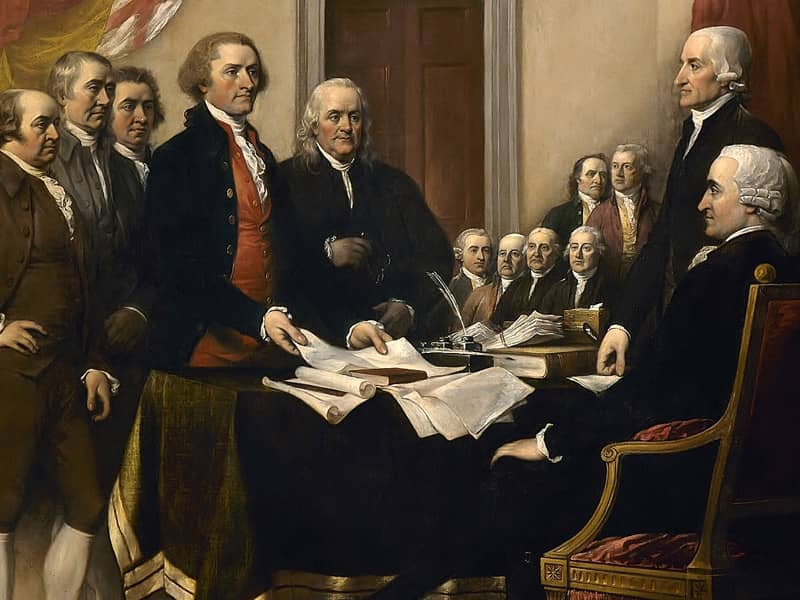DiIulio, a respected professor at both the University of Pennsylvania and Princeton University, also runs the Jeremiah Project at the Manhattan Institute, a program that encourages and studies faith-based programs.
Bush plans to announce the DiIulio appointment Monday, followed by a week of meetings with religious leaders, during which he will more fully explain his legislative plan for allowing religious organizations to compete for taxpayer money to provide after-school, prison ministries, drug treatment, and other such programs.
Skeptics say shifting government money to churches, synagogues, and mosques so they can expand assistance programs raises church-state separation questions. Even some religious leaders--including conservative ones--are wary of government money that might come with strings attached.
"I can't imagine a person more qualified [than DiIulio]," said Michael Cromartie, director of evangelical studies at Washington's Ethics and Public Policy Center. "He won't want to just [run] an office and say 'Oh, isn't Bush compassionate.' He brings personal passion for helping people in need and suffering."
Bush apparently leaned early on toward former Indianapolis mayor Stephen Goldsmith, who is Jewish, to head the office, but Goldsmith instead will be an official White House adviser on faith-based charity issues and the chairman of a new national advisory board whose work will complement that of DiIulio's office.
DiIulio, a Roman Catholic, has fans on both sides of the political aisle--he's written regularly for both conservative and liberal publications, and he's worked for the liberal-leaning Brookings Institution and the conservative Manhattan Institute.
Indeed, though DiIulio advised Bush during the campaign, he has not always toed the Bush party line. After the election, he wrote an article in the "Weekly Standard" that strongly criticized the U.S. Supreme Court ruling handing the election to Bush.
"The arguments that ended the battle and 'gave' Bush the presidency are constitutionally disingenuous at best. They will come back to haunt conservatives and confuse, if they do not cripple, the principled conservative case for limited government," DiIulio wrote.
"Religious institutions alone cannot reasonably be expected to cure the social problems that disproportionately afflict the black inner-city poor. It remains to be seen how, if at all, the local faith-based efforts can be taken to scale in ways that predictably, reliably, and cost effectively cut crime, reduce poverty, or yield other desirable social consequences.
"But overlooking, unduly discounting, or simply failing to support the outreach efforts of black churches and other inner-city faith communities is the single biggest mistake that can be made by anyone who cares about the future of the truly disadvantaged men, women, and children of all races who call the inner cities home.
"Citizens who for whatever reasons are nervous about religion or enhanced church-state partnerships should focus on the consistent finding that faith-based outreach efforts benefit poor unchurched neighborhood children most of all. If these churches are so willing to support and reach out to 'the least of these,' surely they deserve the human and financial support of the rest of us--corporations, foundations, other Christian churches, and, where appropriate, government agencies."
DiIulio has also written numerous influential articles and books on crime. Some of his writings identifying some juvenile criminals as "super-predators" stirred controversy.
But DiIulio has viewed these dangerous criminals with concern and compassion. "The super-predators are the kids who will commit and instigate the most serious crimes, but they are also among the most needy kids," he has said. "Every super-predator I've come up close and personal to is a kid who has suffered unrelenting abuse and neglect. They are desperately in need of spiritual and material help."
In a book co-authored with "Book of Virtues" author and former White House official William J. Bennett, who served under both Reagan and Bush's father, DiIulio argued that society needed to focus more on "moral poverty."
As DiIulio explained in an interview, "by moral poverty we mean growing up in the absence of parents, coaches, teachers, clergy, and other adults who teach you right from wrong, who nurture you, who show you unconditional love, or something that is close to it, and give you loving discipline as well. More and more kids in this country, not just poor kids or inner-city kids, but kids across the board, are growing up with some degree of moral poverty."

